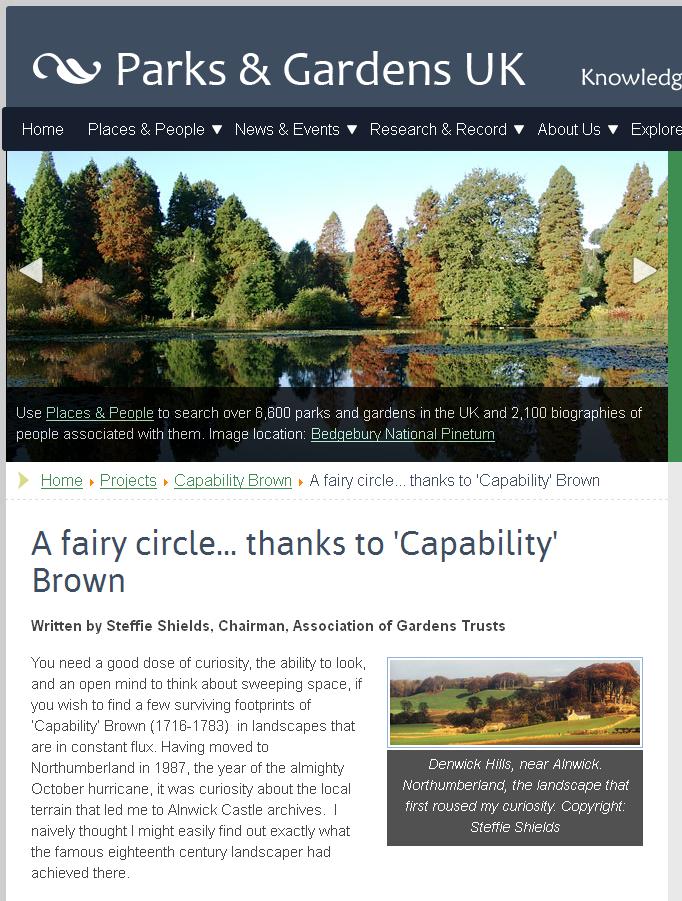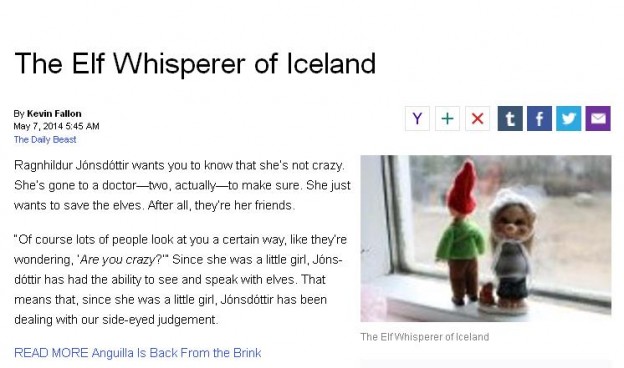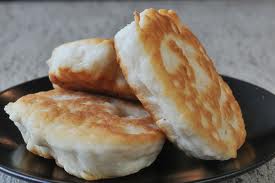
English landscaper and the fairy circle.

English landscaper and the fairy circle.

The elf doctor up north…
Not far from S Bennet Hoskyns, there was a labouring-man, that rose up early every day to goe to worke; who for a good while many dayes together found a ninepence in the way that he went. His wife wondering how he came by so much money, was afraid he gott it not honestlye; at last he told her, and afterwards he never found any more. (Aubrey)
Note: Sir Bennet Hoskyns was a seventeenth century English politician who represented Herfordshire
That the Fairies would steale away young children and putt others in their places; verily believed by old woemen of those dayes: and by some yet living.
Aubrey for Wiltshire?
Some were led away by the Fairies, as was a Hind riding upon Hakpen with corne, led a dance to y.e. Devises. So was a shepherd of Mr. Brown, of Winterburn-Basset: but never any afterwards enjoy themselves. He sayd that y.e. ground opened, and he was brought into strange places underground, where they used musicall Instruments, violls, and Lutes, such (he sayd) as Mr. Thomas did play on. Aubrey in the seventeenth century.
Some Fairies dwell in the mines, and seem to imitate the actions of the workmen; but never unless insulted, do them harm, but rather are of semce to them. In certain silver and lead mines, in Wales, nothing is more common than these subterraneous spirits, called Knockers, who good naturedly point out where there is a rich vein. These Knockers are sometimes visible. Mr. John Lewis, iq his correspondence with Mr.Baxter, describes them as little-statured, and about half a yard long; and adds, that at this very instant. there are miners on a discovery of a vein of metal on his own lands, and that’two of them are ready to make oath they heard these Knockers in the day-time. Grose
Fairies sometimes shoot at cattle, with arrows headed with flint-stones : these are often found, and are called elf-shots. :ln order to effect the cure of an animal so injured, it is to be touched with one of these eif-shots, or to be made drink the water in which one has been dipped. Grose

Fairies appear to have all the passions and ‘wants of men’; but are great lovers of cleanliness and propriety;, for the observance of which they frequently reward servants, by dropping money in their shoes: they likewise severely punish sluts and slovens, by pinching them black and blue. Lilly says they are likewise friends to persons of strict diet, of an upright life, and using fervent prayers to God. Fairies are particularly fond of making cakes; in the doing of which they are said to be very noisy. In Ireland, they frequently lay bannocks, a kind of oaten cakes, in the way of travellers over the mountains and if they do not accept of the intended favour and eat the bannock, or at least take it up, they seldom escape a hearty beating, or something. Grose
Having some years since, on a Sunday afternoon, had occasion to ride on horseback between two towns in the eastern part of Cornwall, I met a christening party, also on horseback,headed by the nurse with a baby in her arms. Making a halt as I approached her, she stopped me, and producing a cake, presented it to me, and insisted on my taking it. Several years after, when in the Isle of Man, I had the opportunity of hearing an elderly person relate several pieces of folk lore respecting the witches and fairies in that island. It had been customary, within his recollection, for a woman, when carrying a child to be christened, to take with her a piece of bread and cheese, to give to the first person she met, for the purpose of saving the child from witchcraft or the fairies. Another custom was that of the ‘Queeltah,’ or salt put under the churn to keep off bad people. Stale water was thrown on the plough ‘to keep it from the little folks’. A cross was tied in the tail of a cow ‘to keep her from bad bodies’. On May morning it was deemed of the greatest importance to avoid going to a neighbour’s house for fire; a turf was therefore kept burning all night at home. Flowers growing in a hedge, especially green or yellow ones, were good to keep off the fairies. And finally, the last cake was left ‘behind the turf-flag for the little people.’ J. W. THOMAS. Dewsbury. Notes and Queries